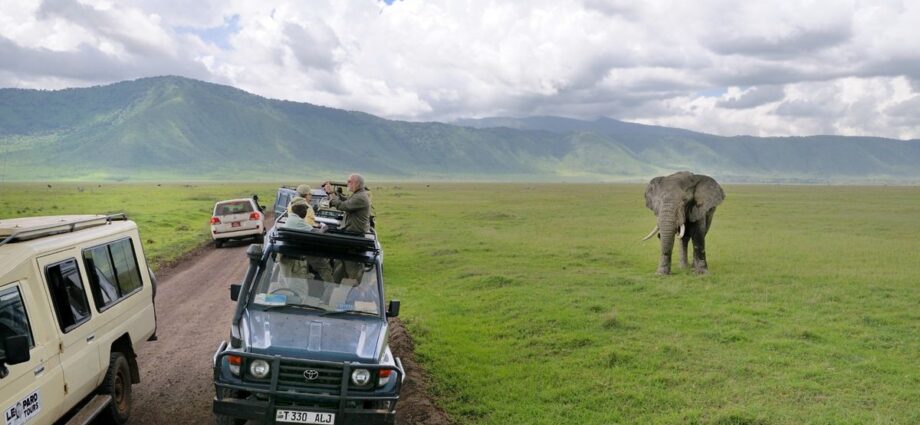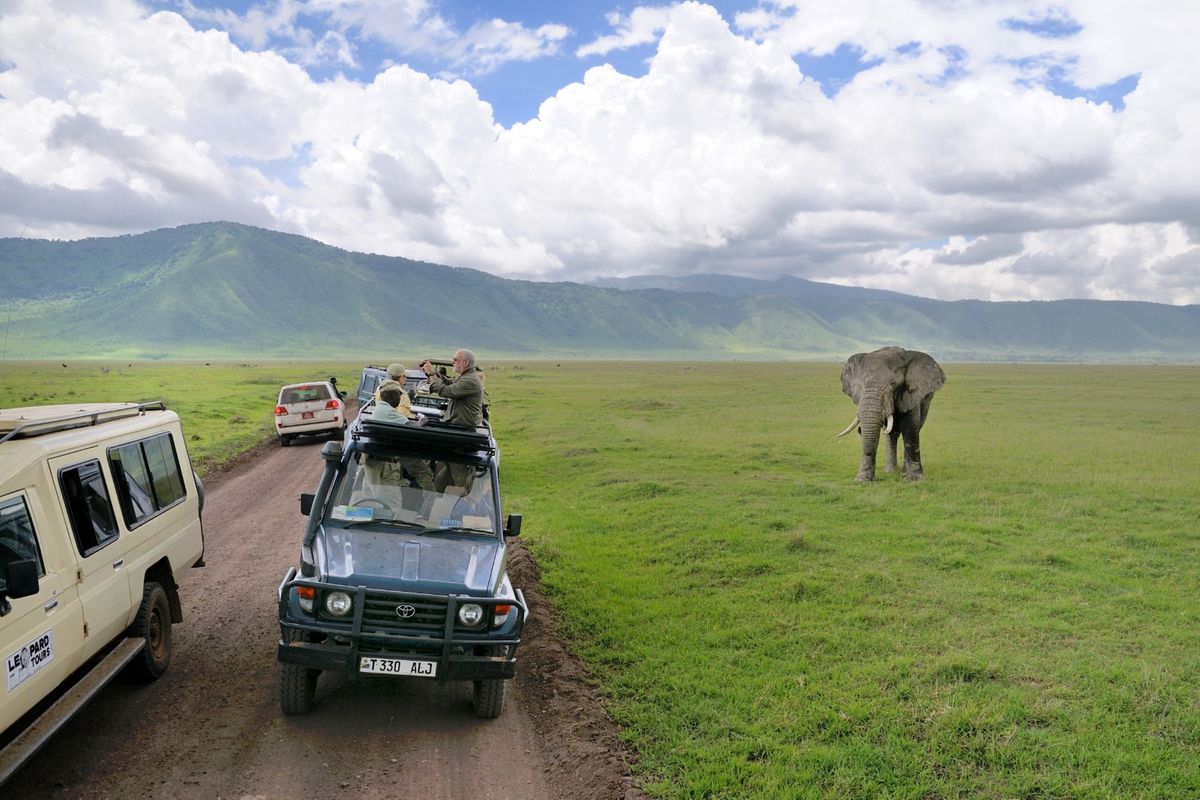Dar es Salaam. The ministry of Natural Resources and Tourism intends to allocate Sh1 billion towards the development of an online safari booking system.
This initiative aims to address loopholes that have led to revenue losses within the sector.
Requesting the Parliament to approve the Sh348.125 billion budget for the 2024/25 fiscal year, the minister for Natural Resources and Tourism, Angellah Kairuki, said part of the development funds from domestic sources would be used for the project, to be known officially as the Tanzania Safari Online Booking System.
“The funds will be used for designing, construction, testing, system upgrading, training, and maintenance, as well as improvements,” Ms Kairuki told MPs as she tabled the budget in Parliament on Friday, May 31, 2024.
Tanzania received a total of $3.4 billion from travel receipts in 2023, an increase of 36 percent compared to the same period in 2022.
The plan is to earn $6 billion in receipts from five million tourist arrivals by 2025. About 1,808,205 million tourists visited Tanzania in 2023.
However, there have been concerns that only a portion of tourism earnings are retained in Tanzania, with the rest either repatriated overseas or remaining overseas.
This is because many tourists pay for their travel arrangements with global tour companies, arrive in the country and depart using international airlines, and stay in all-inclusive hotels and resorts owned by foreign investors.
An analysis by the Africa Project Research Institute shows that African countries retain only approximately 20–45 percent of the total holiday packages.
As a result, despite a rise in both tourism earnings and arrivals, communities living near tourist sites have continued to live in poverty.
How the Tanzania Safari Online Booking System will address this discrepancy is yet to be confirmed.
However, the ministry of Natural Resources and Tourism has other online portals, such as the MNRT Portal, for the collection of revenue and other charges.
The Sh348.125 billion that Ms Kairuki requested the Parliament approve is 46.5 percent less than the Sh654.6 billion approved for recurrent and development projects in 2023/24.
She named other development projects to be implemented by the ministry in the 2024/25 financial year, with their budget estimates in brackets: Public Finance Management and Reform Programme VI (Sh1.50 billion), Resilient Natural Resources Management for Tourism and Growth Project-REGROW (Sh40.97 billion), capacity building in game reserves (Sh1.124 billion), and combating poaching and illegal wildlife trade in Tanzania (Sh3.66 billion).
Others are capacity building in forestry and beekeeping (Sh92.67 million), support for the Beekeeping Value Chain Programme (BEVAC) (Sh1.59 billion), food systems, land use, and restoration projects (FOLUR) (Sh2.48 billion), the MICE Tourism Development Project (Sh432.47 million), the construction of presidential museums (Sh1 billion), and a project to build capacity and strengthen the National College of Tourism (Sh2.76 billion).















